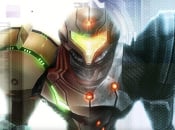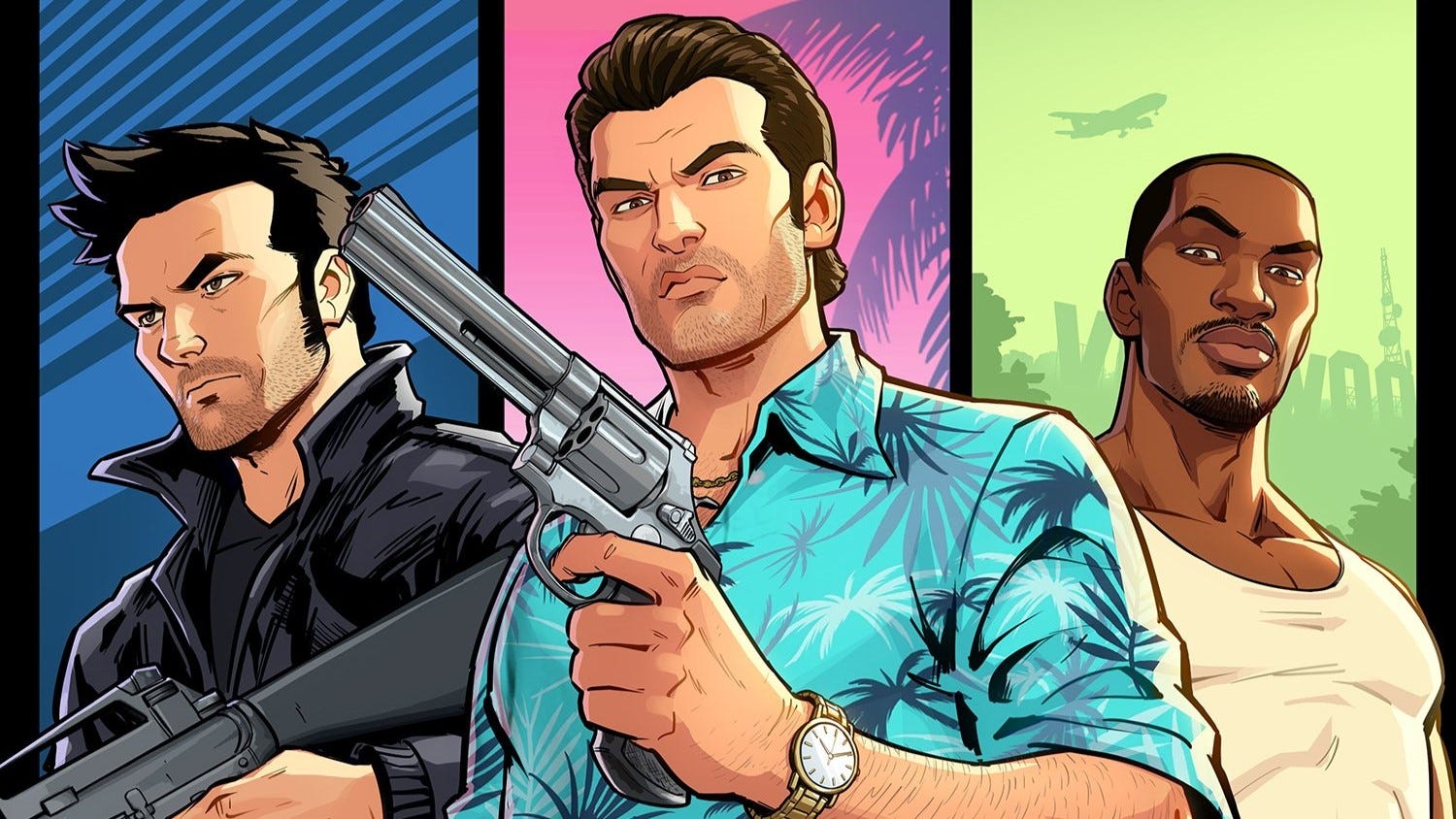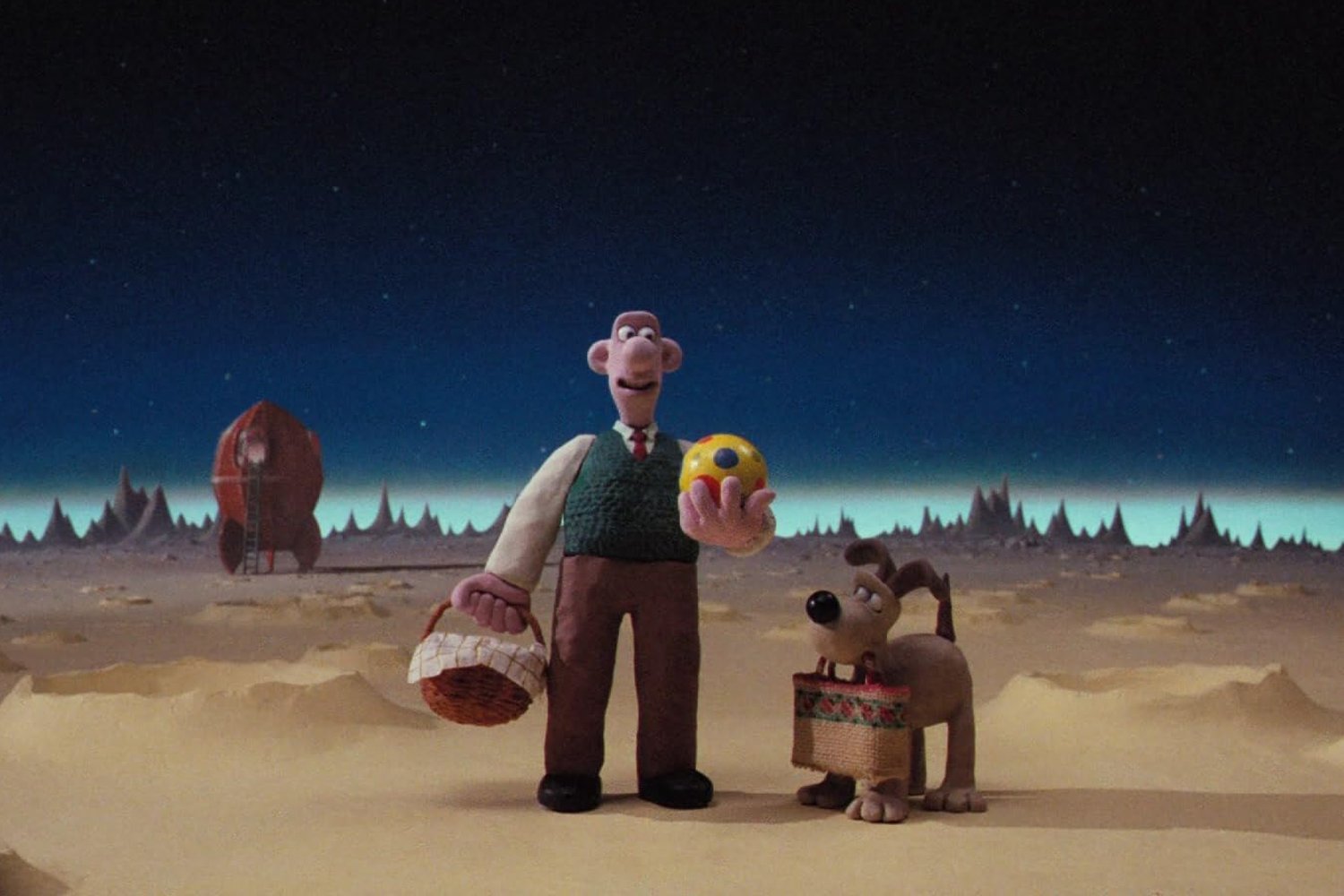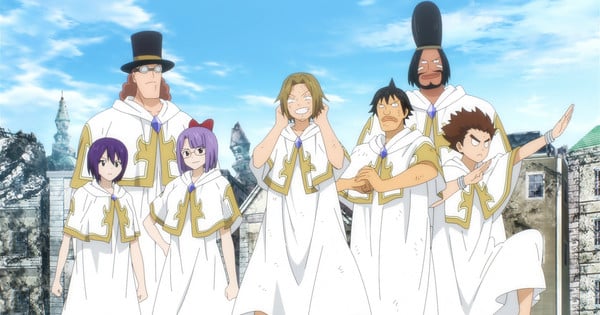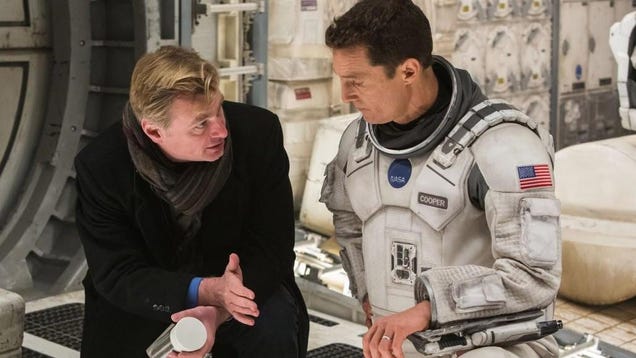
Following up on Metroid Prime was never going to be easy. Although many (this writer included) were sceptical of Retro Studios’ abilities to move Metroid into the 3D, first-person realm, the team not only managed to put its own spin on an established Nintendo franchise successfully, but it also created one of the greatest games of all time.
How the heck are you supposed to top that? Well, Metroid Prime 2: Echoes doesn’t quite reach the same heights as its predecessor, and it’s often regarded as the lesser entry in an eventual trilogy (though to be honest, even the worst Prime game is better than the majority of games out there). That said, it will always remain one of my personal favourites in the franchise thanks to its bold experimentation with parallel worlds.
Although parallel worlds were hardly a brand new concept back in 2004 (heck, Zelda: A Link to the Past managed it more than a decade prior), its implementation in Prime 2 blew away my fledgling 15-year-old mind. It fundamentally changed how you approach exploration: by introducing a deadly atmosphere within Dark Aether that slowly damages Samus if she merely touches it, you need to utilise ‘safety bubbles’ scattered throughout the environment to maintain your health.

What this means, then, is you can’t stop and hang about like you might have done in OG Metroid Prime. Unless you’re safely ensconced in a permanent bubble, you need to stay on the move. There are even bubbles that you can activate on the fly, but these won’t stick around for long; soon enough, they’ll shrink down to nothing, and you’ll either need to activate it again, or simply leg it to the nearest safe spot.
Crossing between Aether and Dark Aether really highlighted the differences in tone between each region. The former is a bit quieter and more forgiving, while the latter just constantly fills you with dread with its purple colour tones and formidable ‘Warrior Ing’ enemies. Even though not many folks were keen on this, it really helps to mix up the exploration aspect, since Prime 2 doesn’t benefit from spectacular biomes like Phendrana Drifts from the first game.
More than anything, it’s perhaps the most unique, experimental feature from the entire Metroid franchise. Sure, Metroid Dread introduced the E.M.M.I sections, Fusion added in the SA-X enemy, and Prime 3: Corruption included a number of neat motion-controlled mechanics to take advantage of the Wii. But Metroid, as awesome as it is, has always played it quite safe with new ideas, and Prime 2’s dual-world mechanic is perhaps the boldest and most interesting of the bunch.

It’s a shame that the game isn’t held in such high regard outside of hardcore Metroid fans. Retro Studios made some notable improvements to the original, including condensing the need to backtrack a lot, along with incredible additions to Samus’ armour and weapon loadouts.
Its reputation has taken a few hits over the years thanks to the aforementioned ‘safety bubble’ mechanic and the horrendous Spider Guardian boss, but it’s a bloomin’ great game otherwise and deserves to stand alongside Metroid Prime Remastered on the Switch.
How about it, Nintendo?
Did you play Metroid Prime 2: Echoes back in the day? What did you make of the whole dual-world mechanic? Let us know your thoughts, and whether it should come to Switch, with a comment down below.
